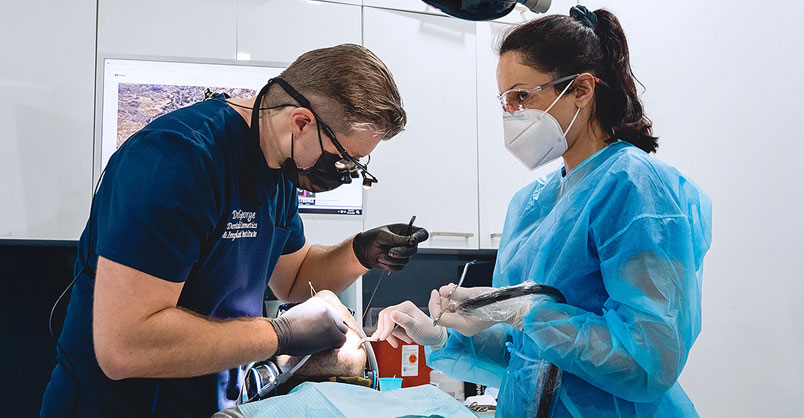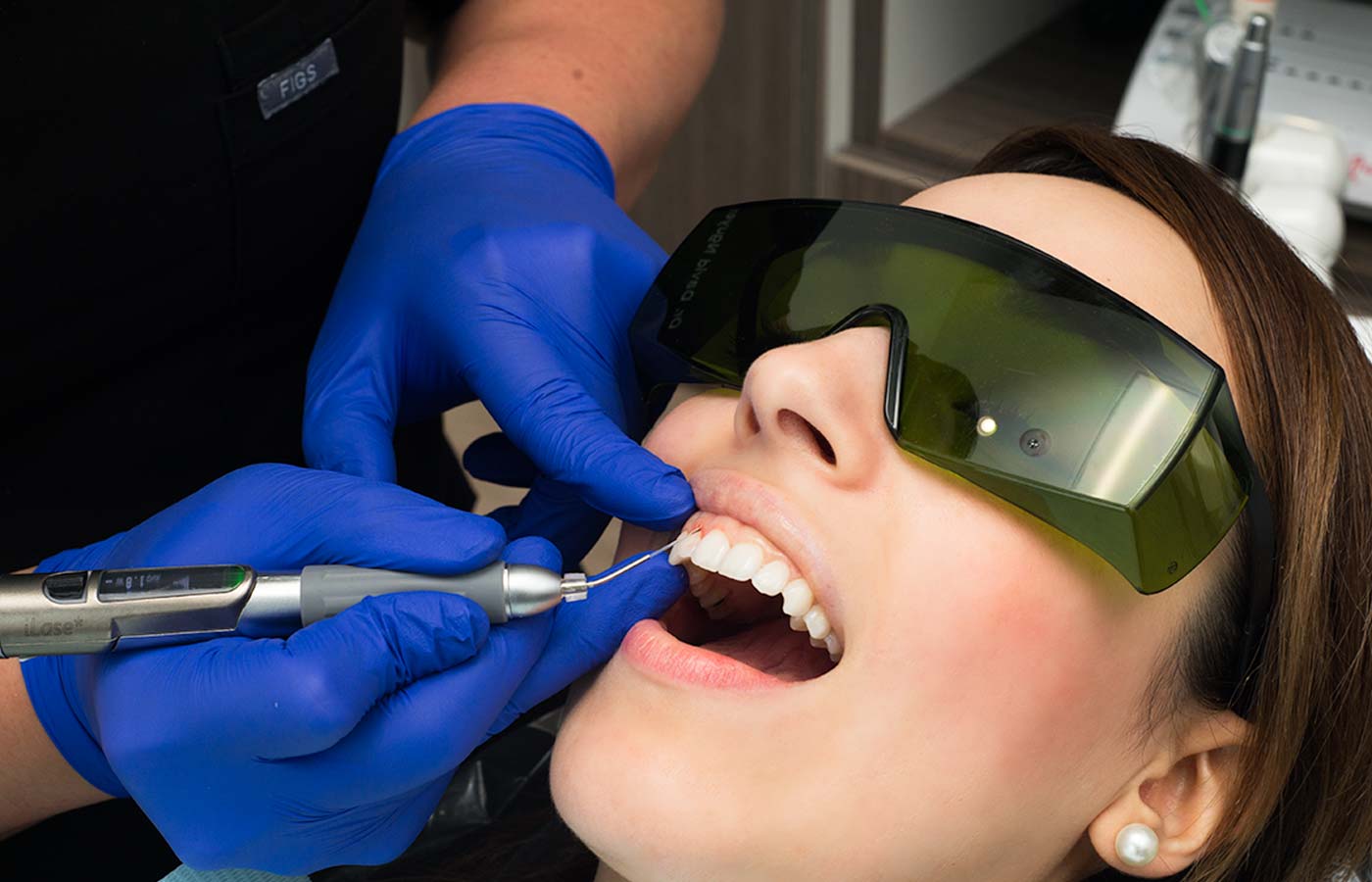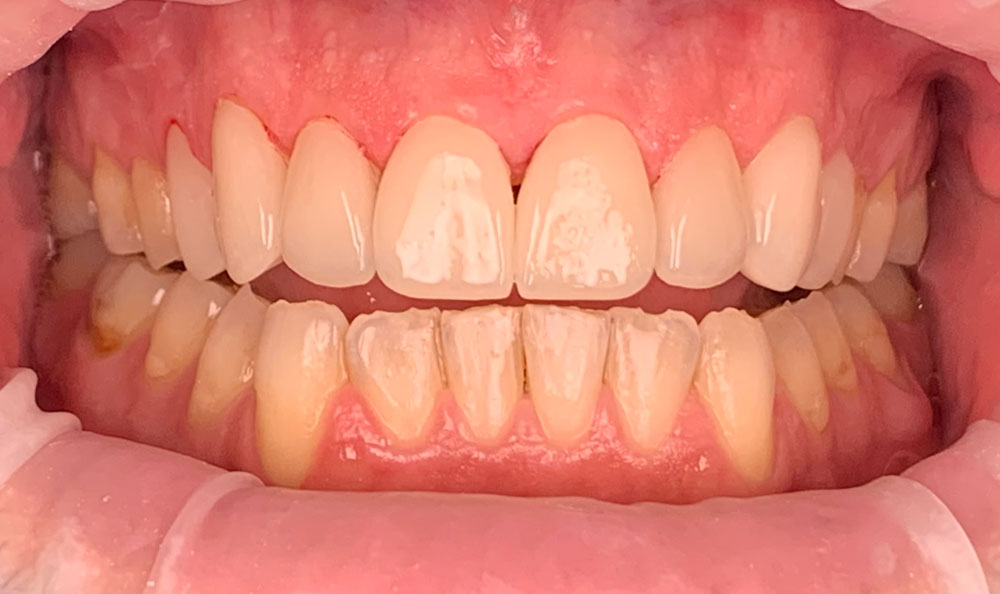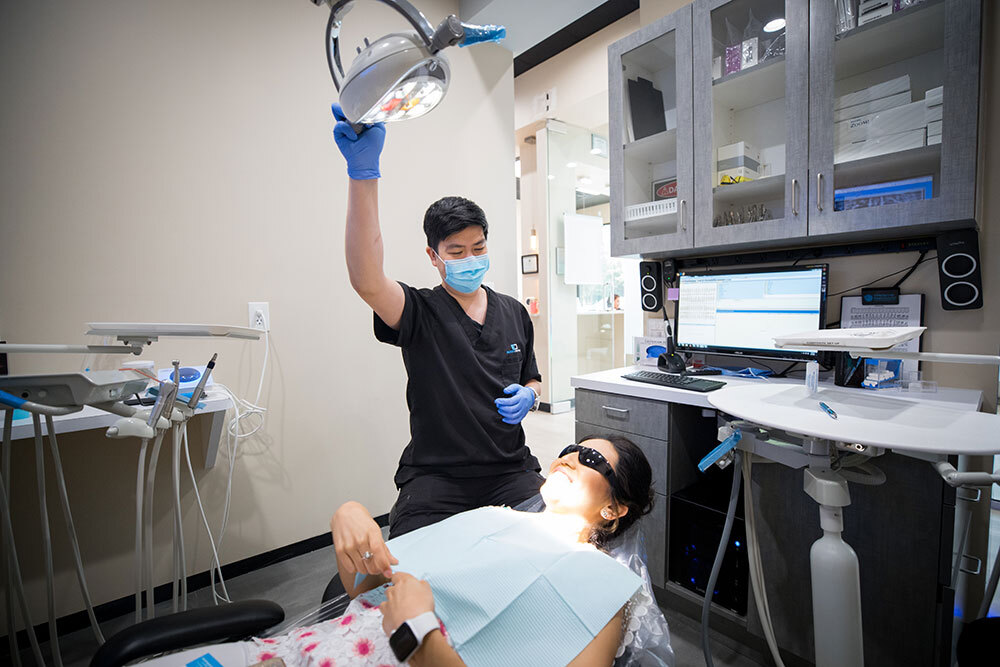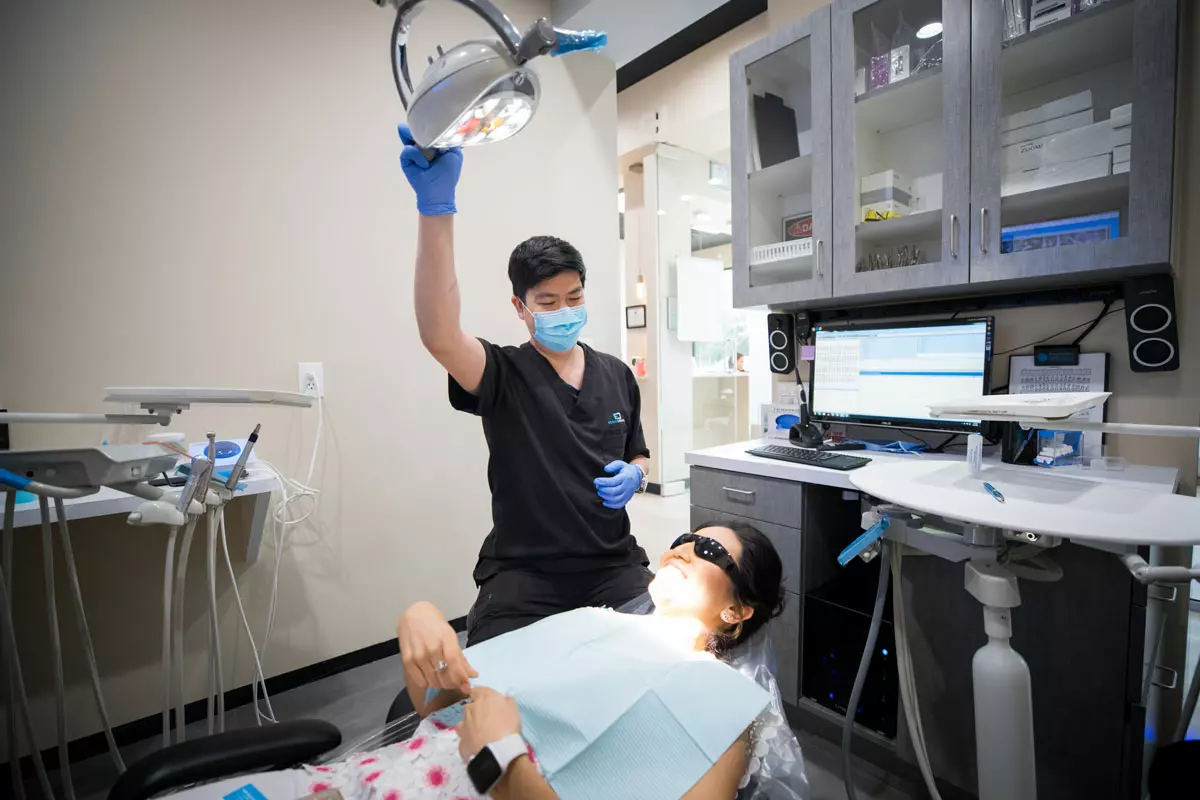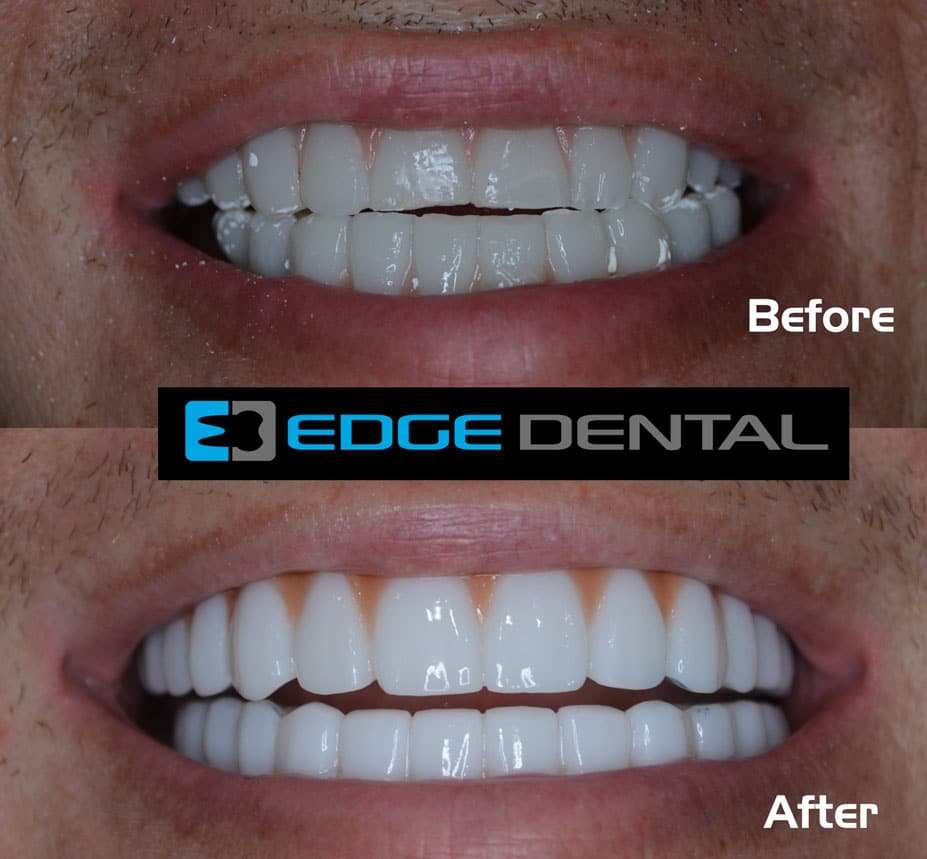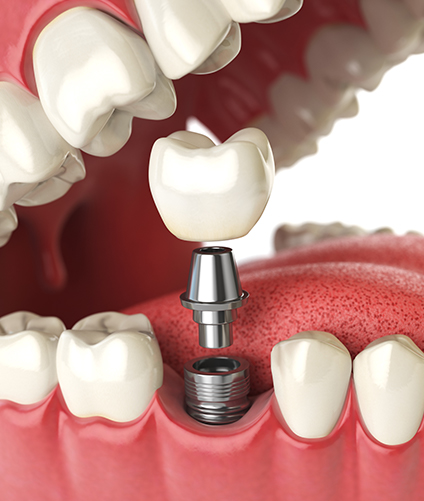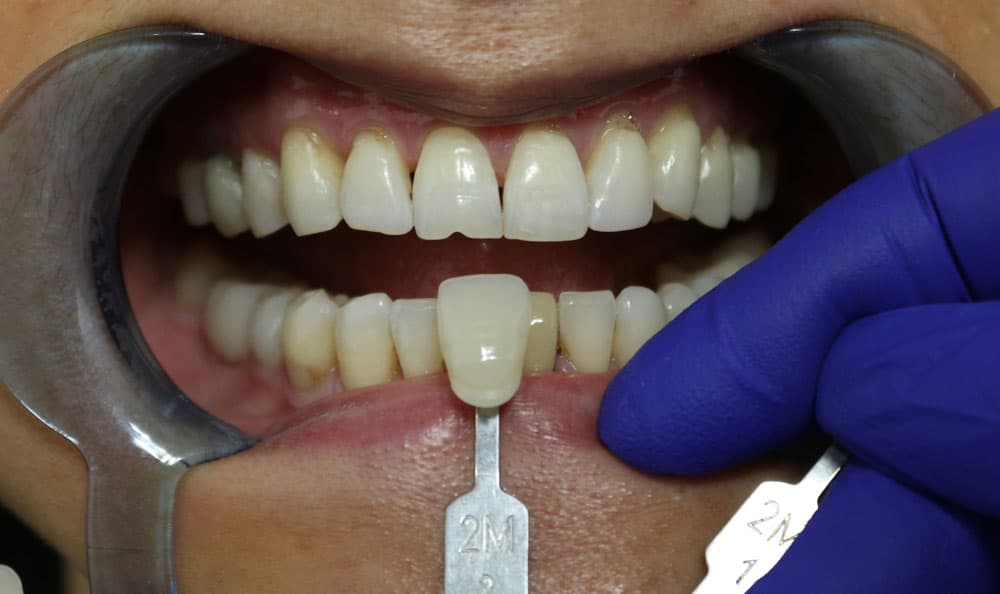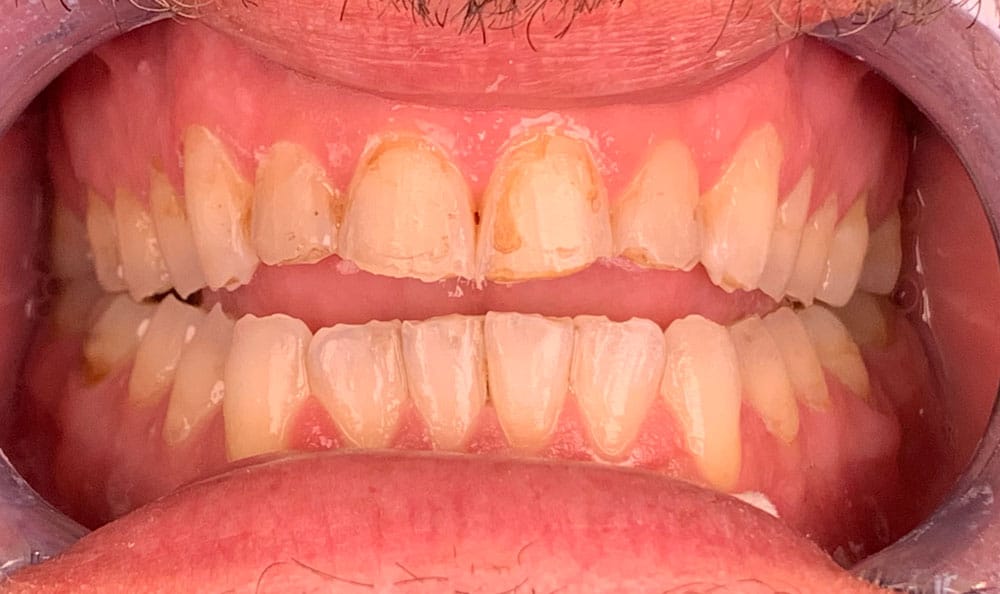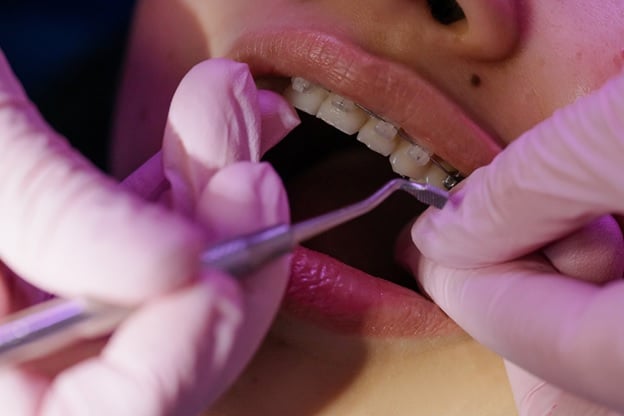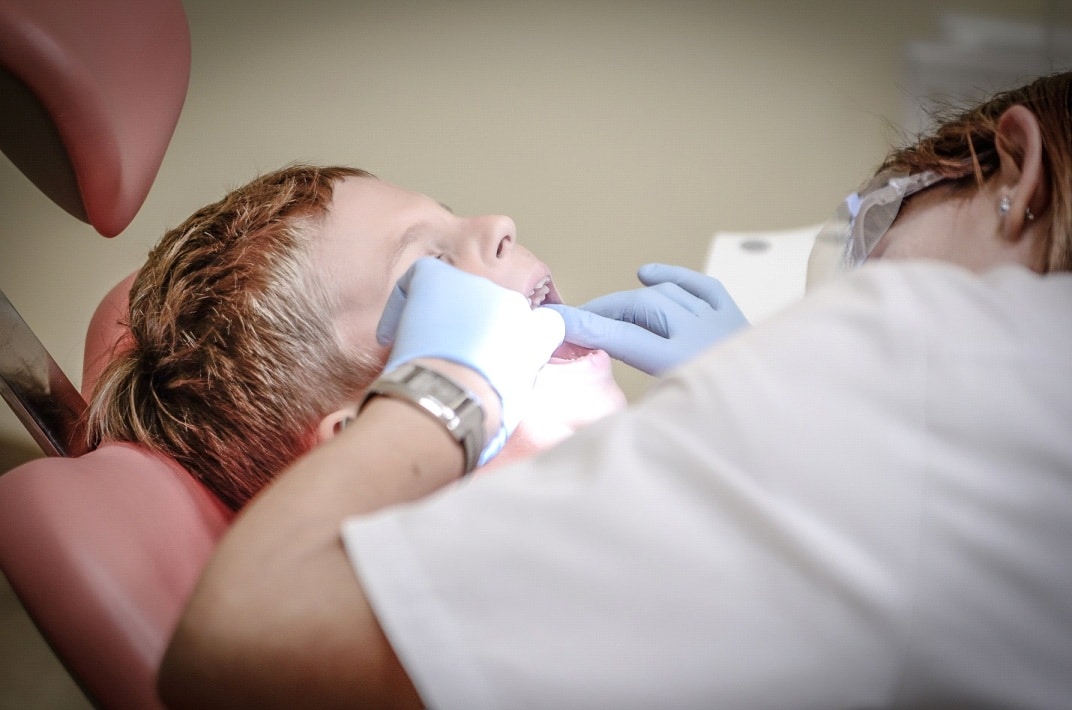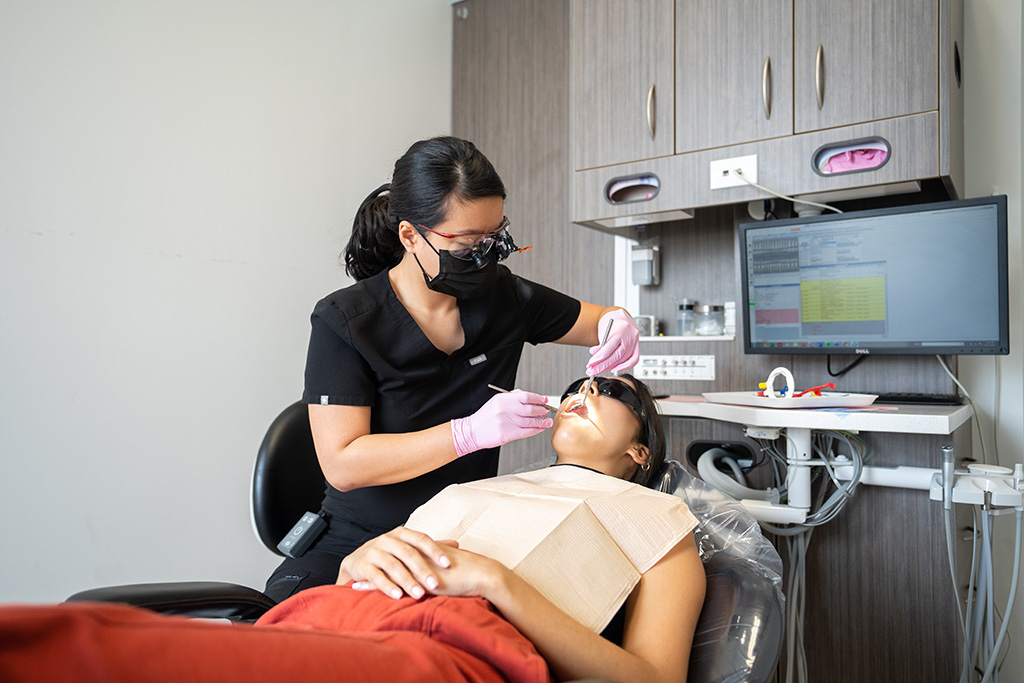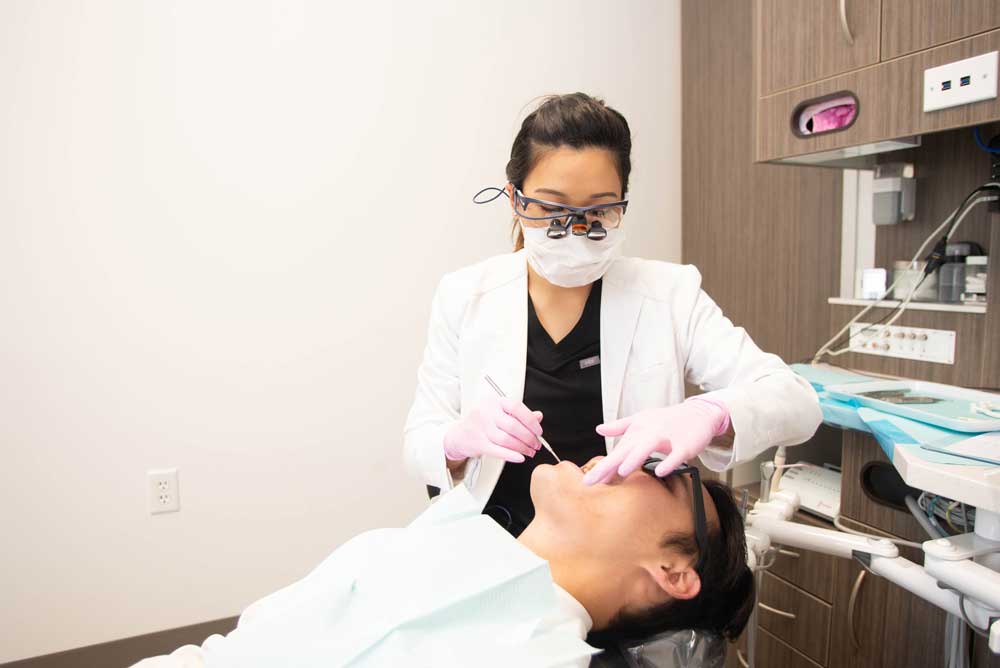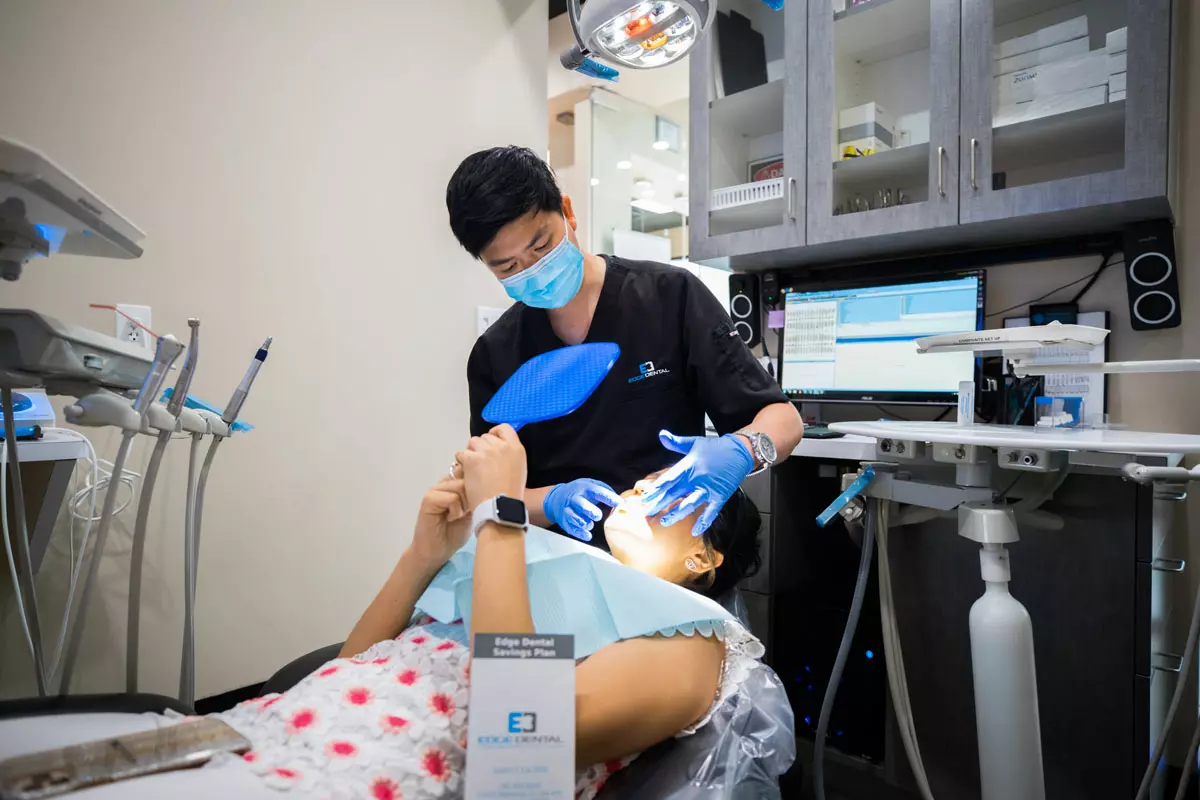Maintaining good oral hygiene is not just about a dazzling smile; it's a fundamental aspect of overall well-being. Dental check-ups play a pivotal role in this journey, offering a proactive approach to oral health that goes beyond brushing and flossing. In this exploration, we delve into why dental check-ups shouldn't be missed, addressing poor oral hygiene, the pursuit of good dental health, and the role of nutrition.
1. The Dangers of Poor Oral Hygiene:
Poor oral hygiene can lead to a cascade of issues that extend beyond the confines of the mouth. When dental plaque accumulates, it harbours harmful bacteria that contribute to cavities, gum disease, and bad breath. If left unchecked, these issues can escalate, potentially leading to more severe conditions such as periodontitis, which has been linked to systemic health problems like heart disease and diabetes.
2. Dental Check-ups as Preventive Measures:
Regular dental check-ups serve as a cornerstone of preventive dentistry. By attending these appointments, individuals can catch potential issues early, before they manifest into more significant problems. Dental professionals conduct thorough examinations, identifying signs of decay, gum disease, or other concerns. Early detection enables prompt intervention, often preventing the need for more invasive and costly treatments.
3. The Holistic Impact of Good Dental Health:
Good dental health is not just about a gleaming smile; it's a key player in maintaining overall health and well-being. The oral-systemic connection highlights the intricate relationship between oral health and various systemic conditions. Conditions like endocarditis, cardiovascular disease, and diabetes have been linked to poor oral health. By prioritizing regular dental check-ups, individuals contribute to a healthier overall lifestyle.
4. Beyond Brushing: The Role of Check-ups:
While daily oral care practices like brushing and flossing are vital, they aren't foolproof. Dental check-ups provide a professional assessment that goes beyond the surface. Dentists in Chestermere have the expertise to detect early signs of issues that may not be apparent to the naked eye. This comprehensive evaluation ensures a more thorough understanding of your oral health status.
5. The Foods You Eat: An Integral Component:
Nutrition plays a significant role in maintaining good dental health. During dental check-ups, professionals often guide dietary choices that support optimal oral health. Foods rich in calcium, phosphorus, and vitamin D contribute to strong teeth and gums. On the flip side, minimizing sugary snacks and acidic beverages can help prevent cavities and enamel erosion.
6. Customized Oral Care Plans:
Dental check-ups are not one-size-fits-all endeavours. Professionals tailor their guidance based on individual needs and concerns. Whether it's recommending specific oral care products, suggesting lifestyle adjustments, or providing personalized tips for better oral hygiene, the advice received during check-ups is invaluable in crafting a customized oral care plan.
7. Building a Lifelong Relationship with Oral Health:
Establishing a consistent pattern of dental check-ups from a young age fosters a positive and proactive approach to oral health. Children who grow up understanding the importance of these appointments are more likely to prioritize their dental well-being into adulthood. This continuity contributes to a lifelong commitment to maintaining healthy teeth and gums.
In conclusion, dental check-ups are not mere appointments; they are proactive steps toward holistic health. Embracing these regular examinations is an investment in not only a radiant smile but also in the overall well-being of the body. From addressing poor oral hygiene to promoting good dental health and providing nutritional guidance, dental check-ups are a comprehensive strategy for cultivating a healthy and vibrant life. Don't miss out on the opportunity to nurture your smile and safeguard your well-being – schedule your next dental check-up today.



